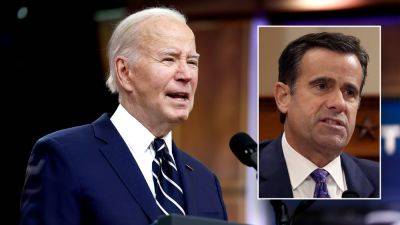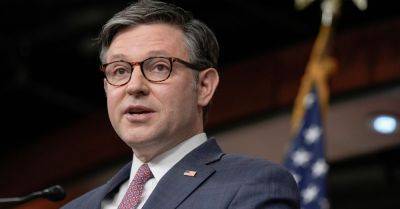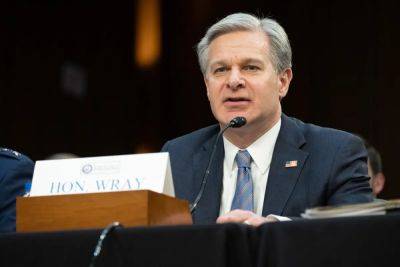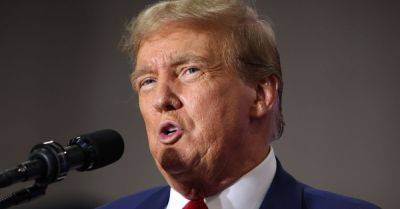‘Duty to warn’ guided US advance warning of the Moscow attack. Adversaries don’t always listen
The U.S. warning to Russia couldn't have been plainer: Two weeks before the deadliest attack in Russia in years, Americans had publicly and privately advised President Vladimir Putin's government that “extremists” had “imminent plans” for just such slaughter.
The United States shared those advance intelligence indications under a tenet of the U.S. intelligence community called the “duty to warn," which obliges U.S. intelligence officials to lean toward sharing knowledge of a dire threat if conditions allow. That holds whether the targets are allies, adversaries or somewhere in between.
There's little sign Russia acted to try to head off Friday's attack at a concert hall on Moscow's edge, which killed more than 130 people. The Islamic State's affiliate in Afghanistan claimed responsibility, and the U.S. said it has information backing up the extremist group's claim.
John Kirby, the Biden administration's national security spokesman, made clear that the warning shouldn't be seen as a breakthrough in U.S.-Russian relations or intelligence-sharing. “Yeah, look, there's not going to be security assistance with Russia and the United States,” Kirby told reporters Monday.
“We had a duty to warn them of information that we had, clearly that they didn't have. We did that," Kirby said.
Such warnings aren't always heeded — the United States has dropped the ball in the past on at least one Russian warning of extremist threats in the United States.
Here's a look at the duty to warn, how it came about, and how it can play out when American intelligence officers learn militants are poised to strike.
AHEAD OF THE ATTACK, A CLEAR US WARNING
On March 7, the U.S. government went public with a remarkably precise warning: The U.S. Embassy







